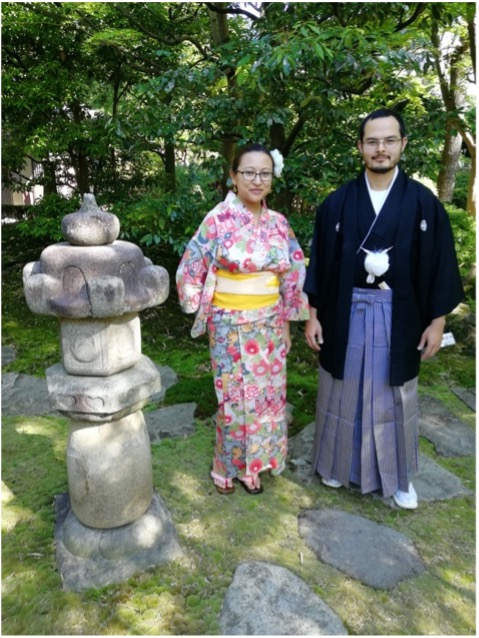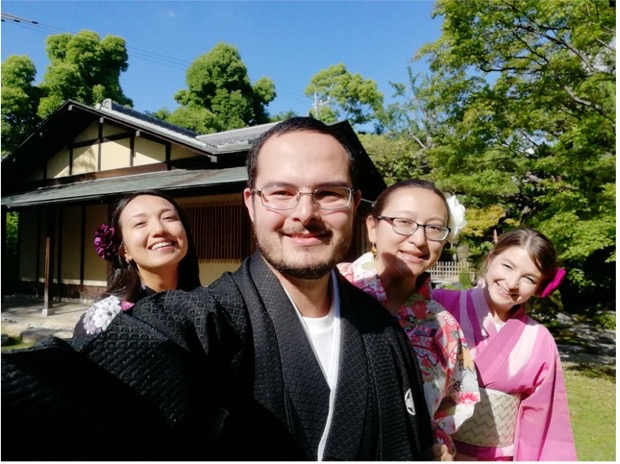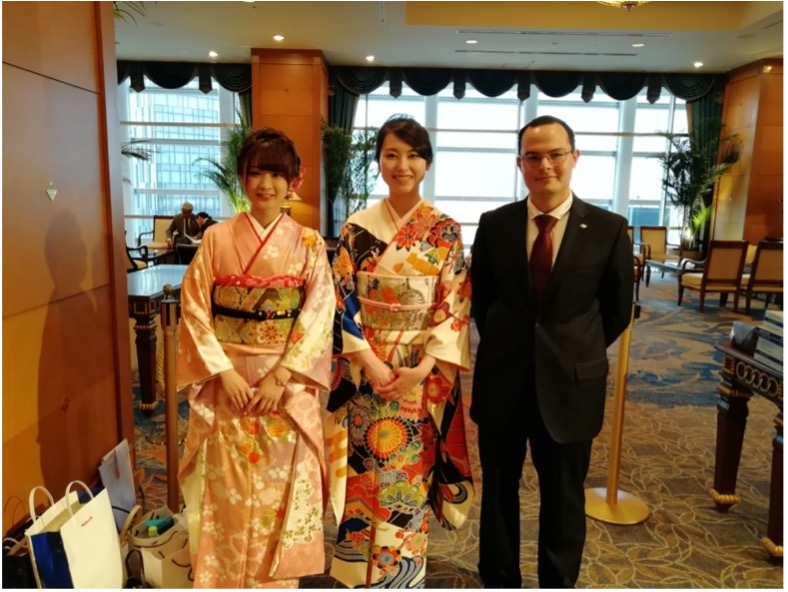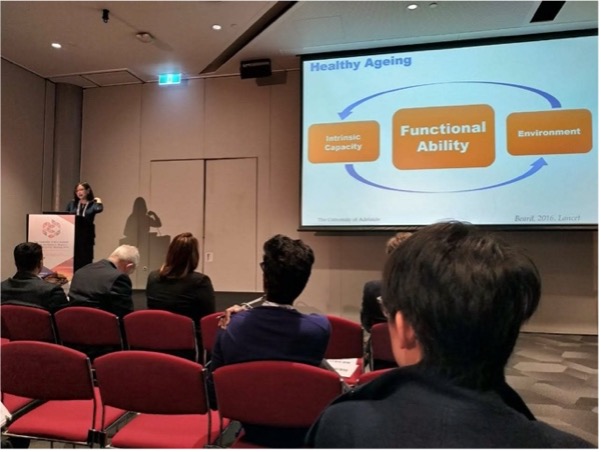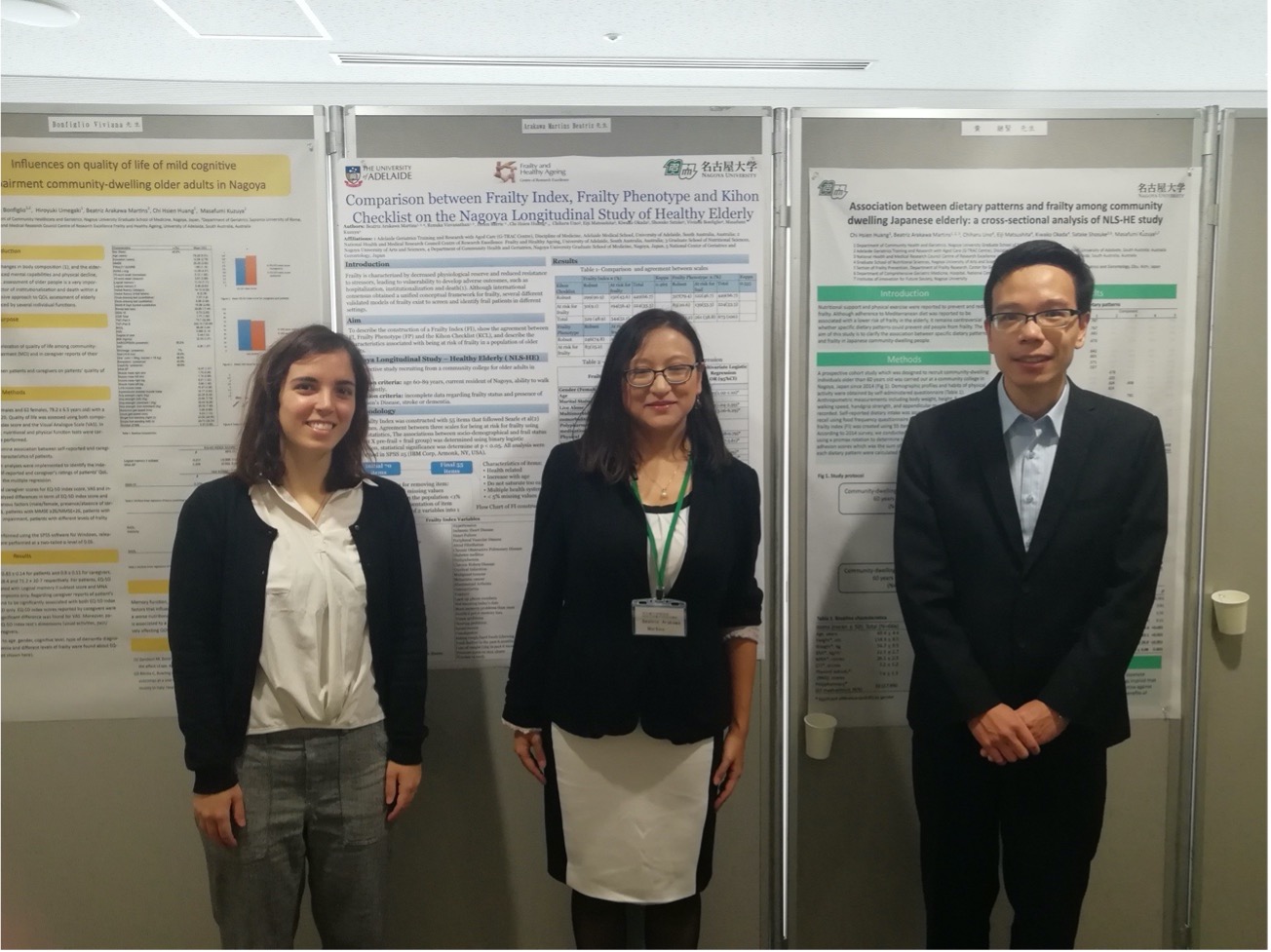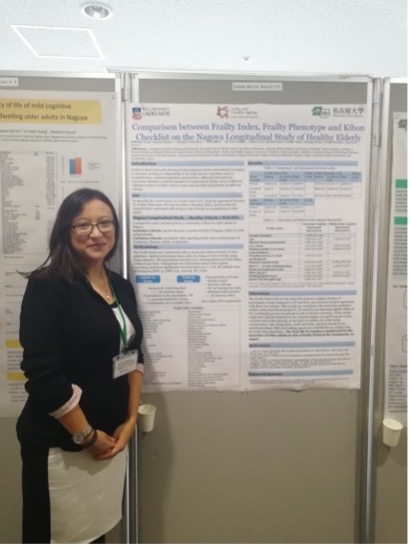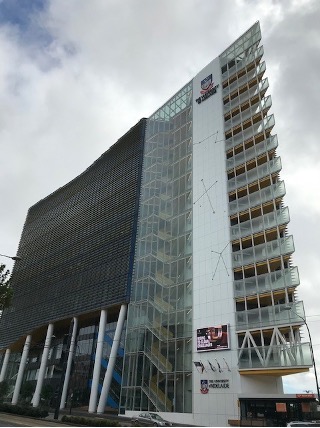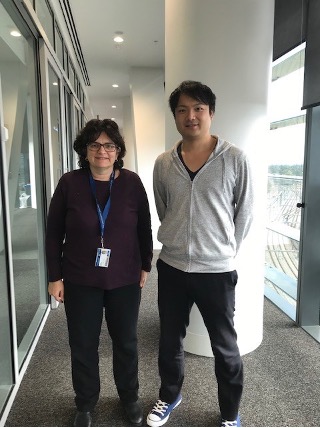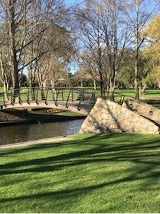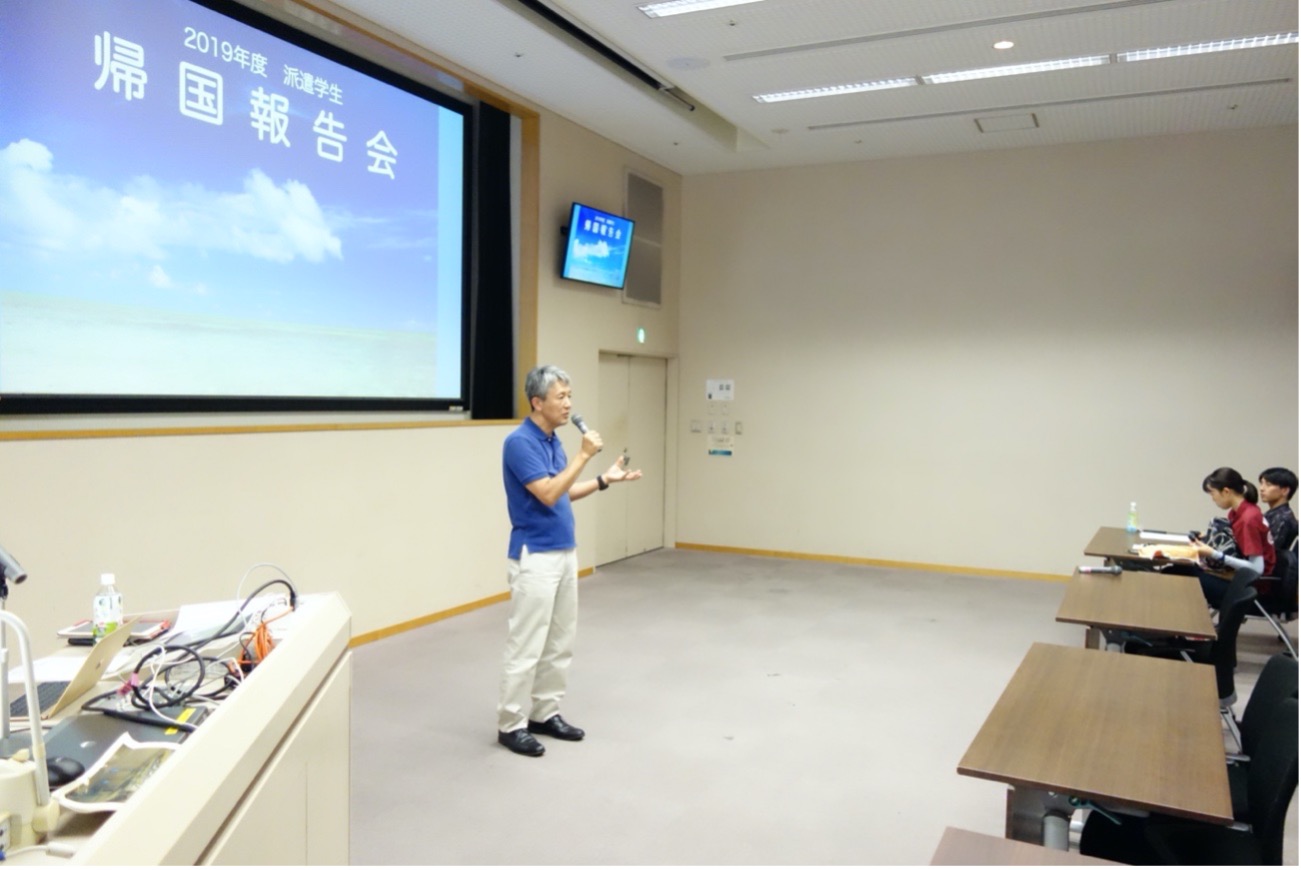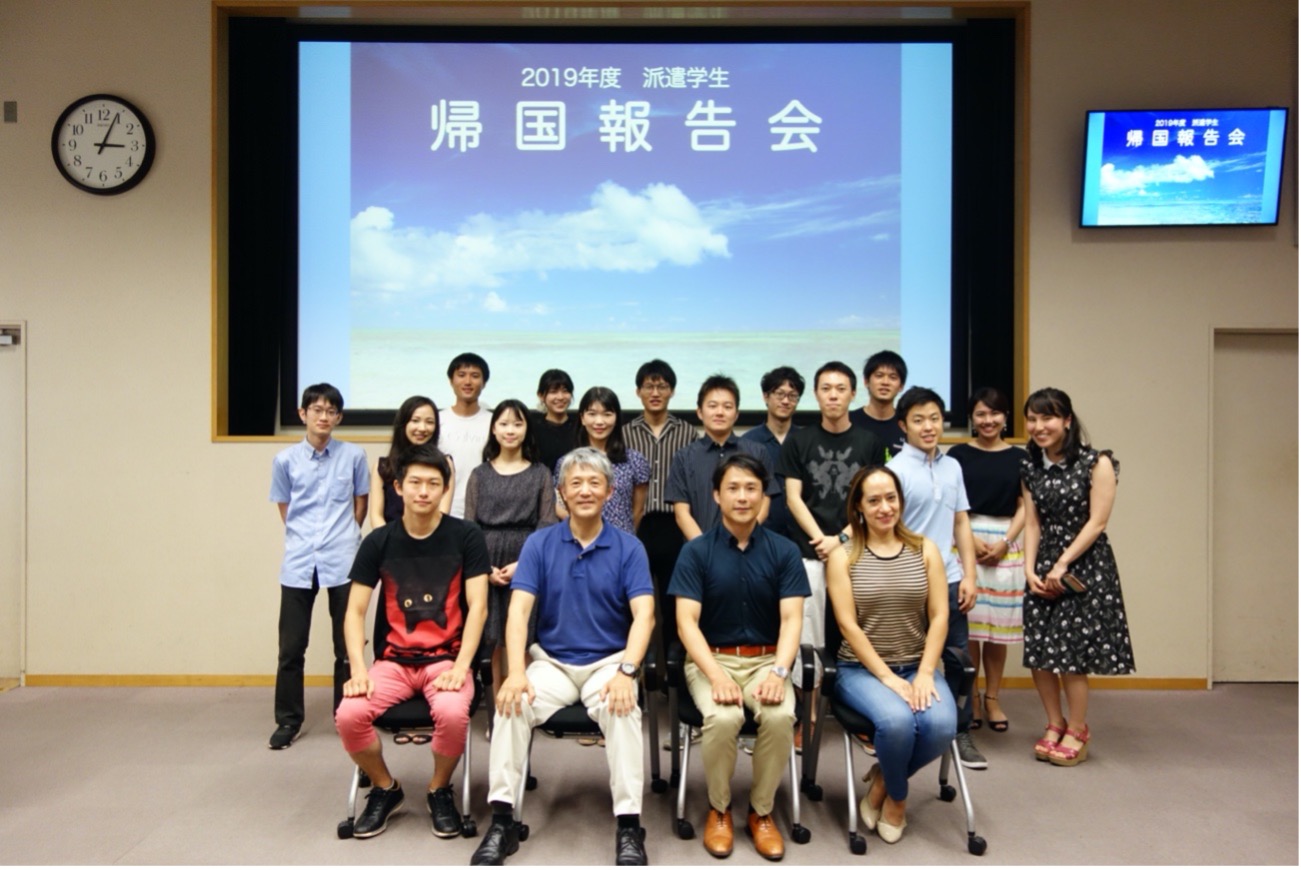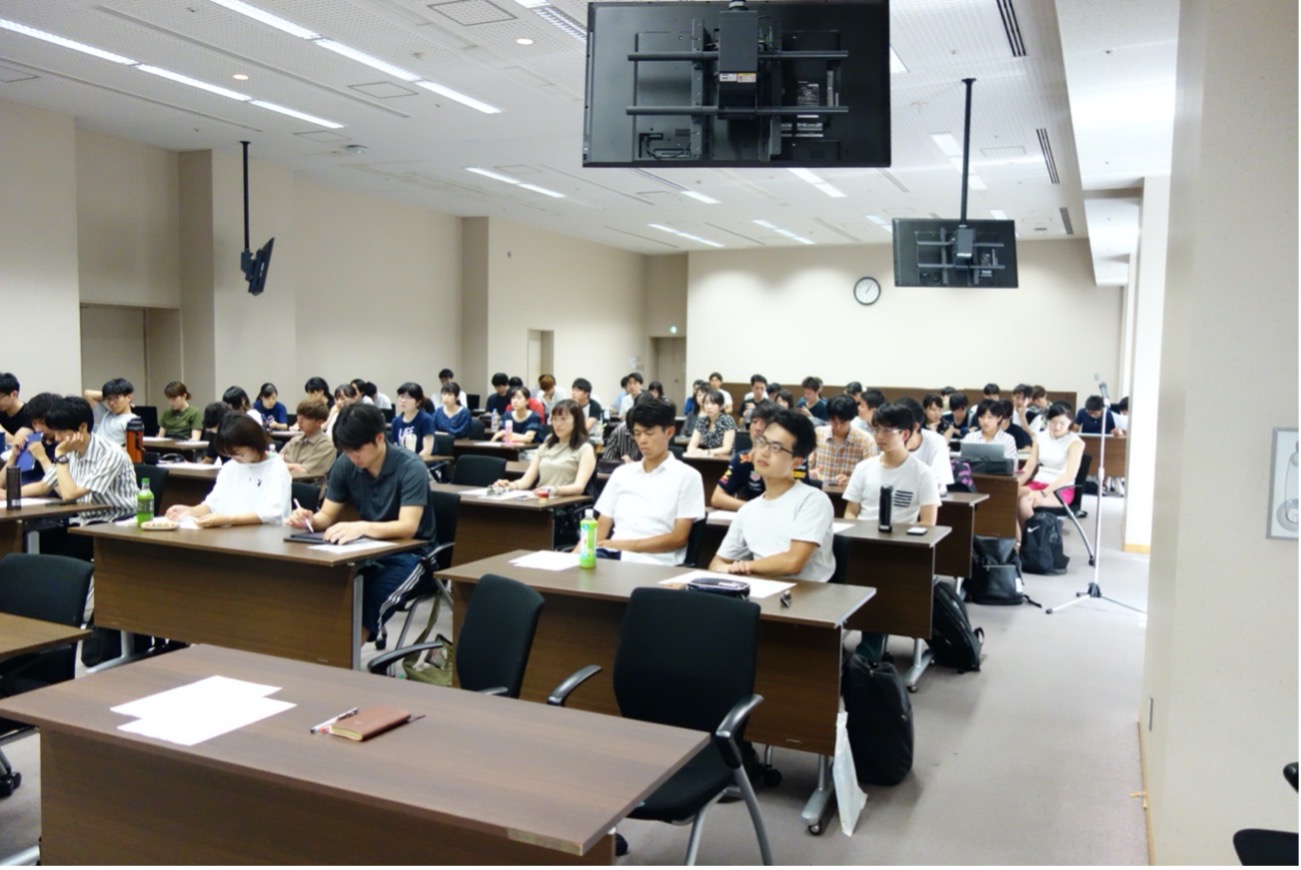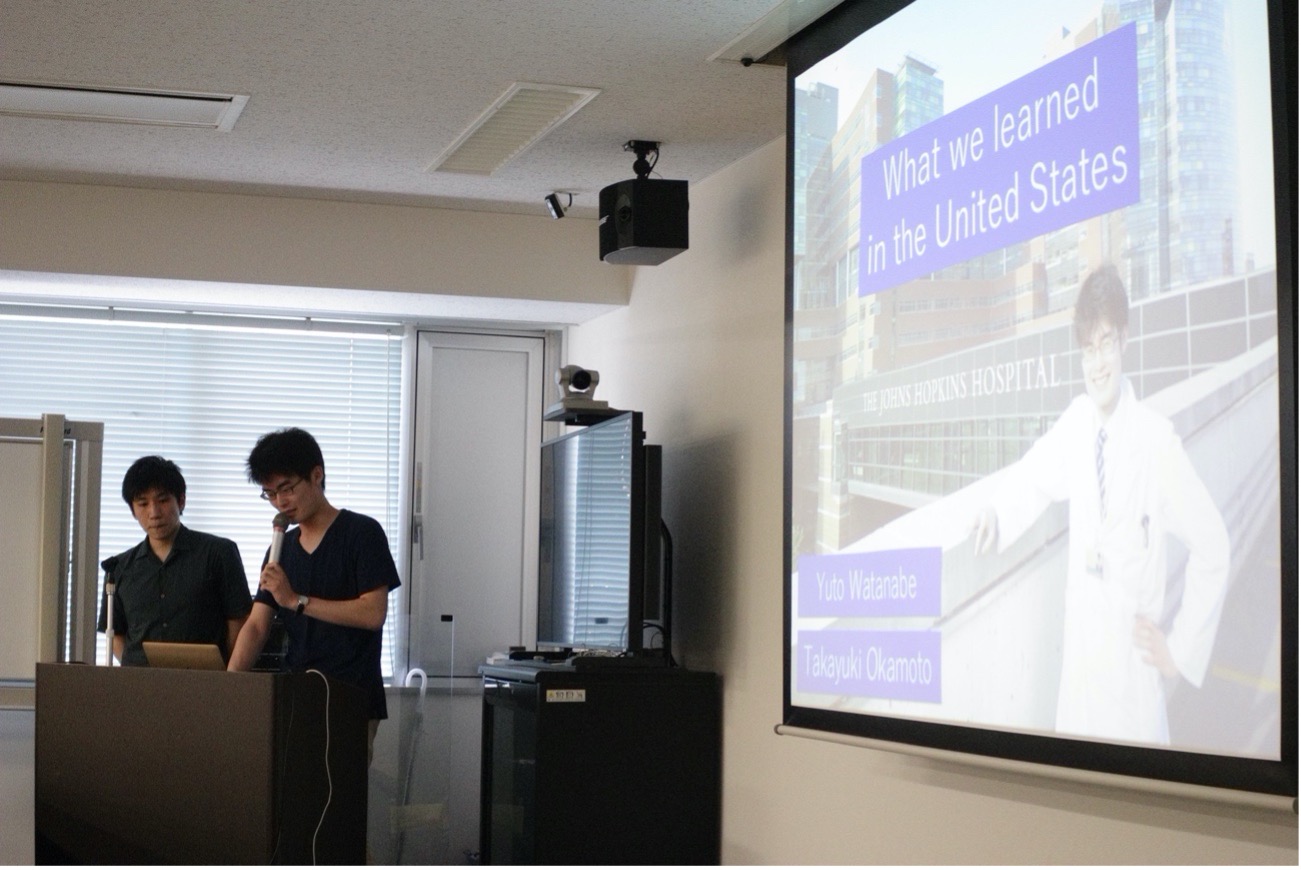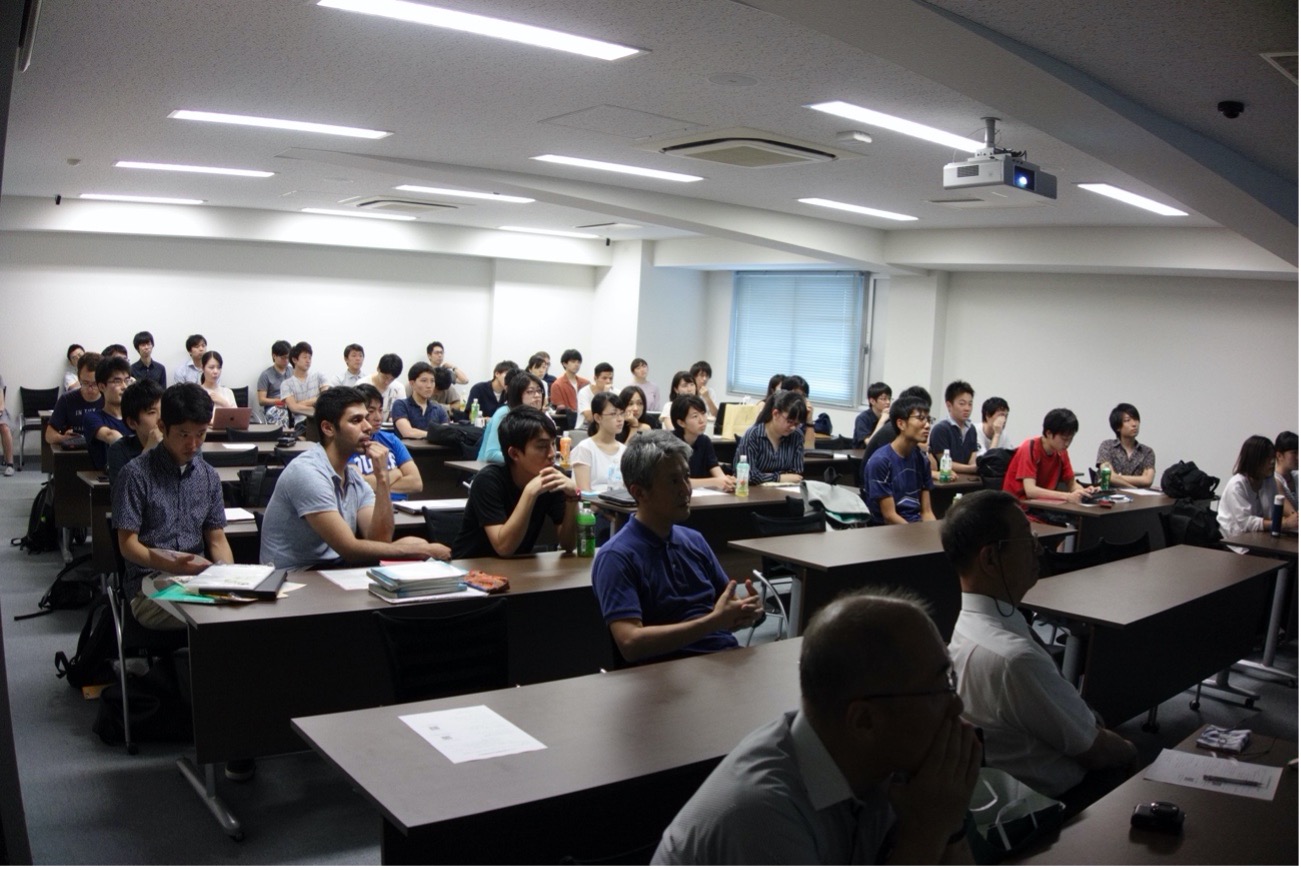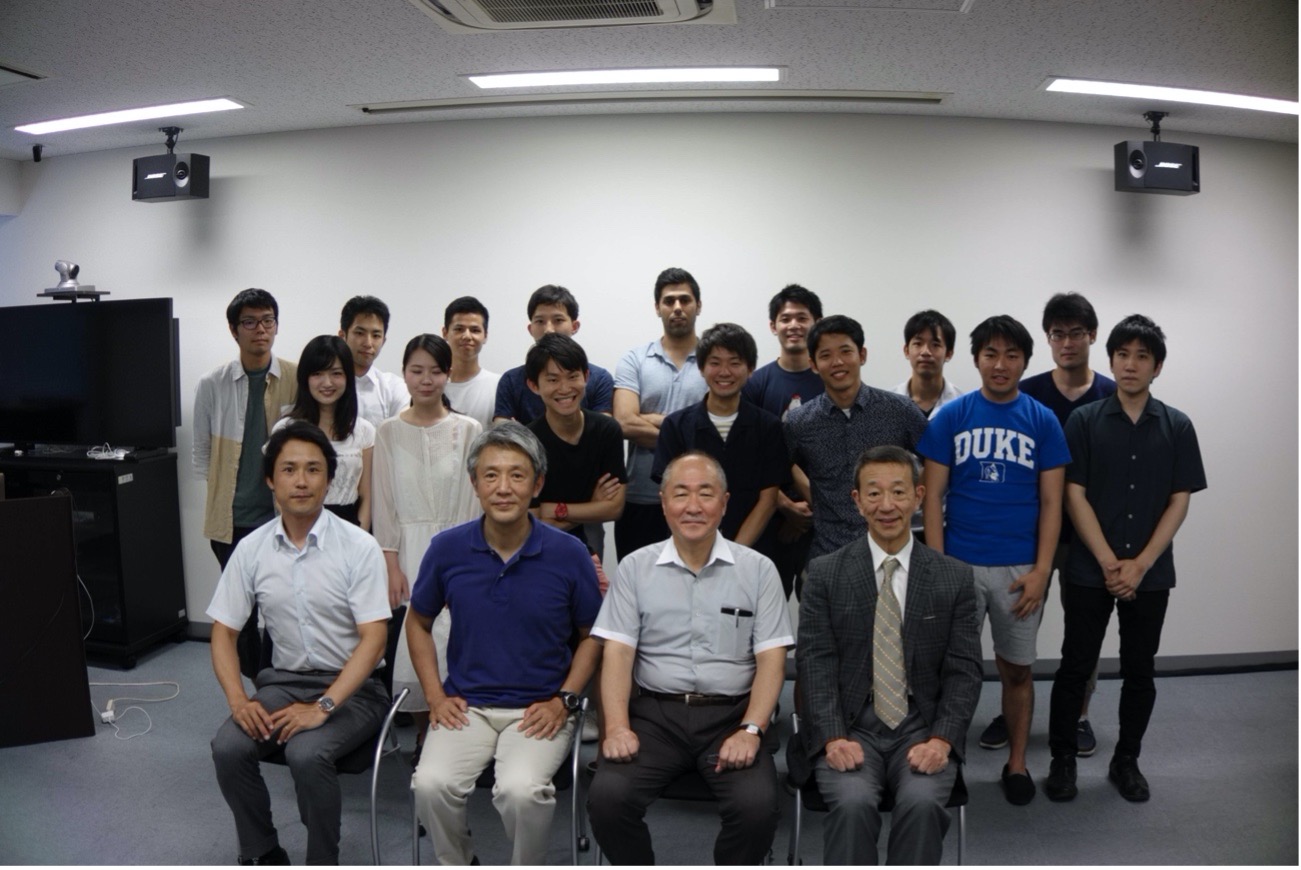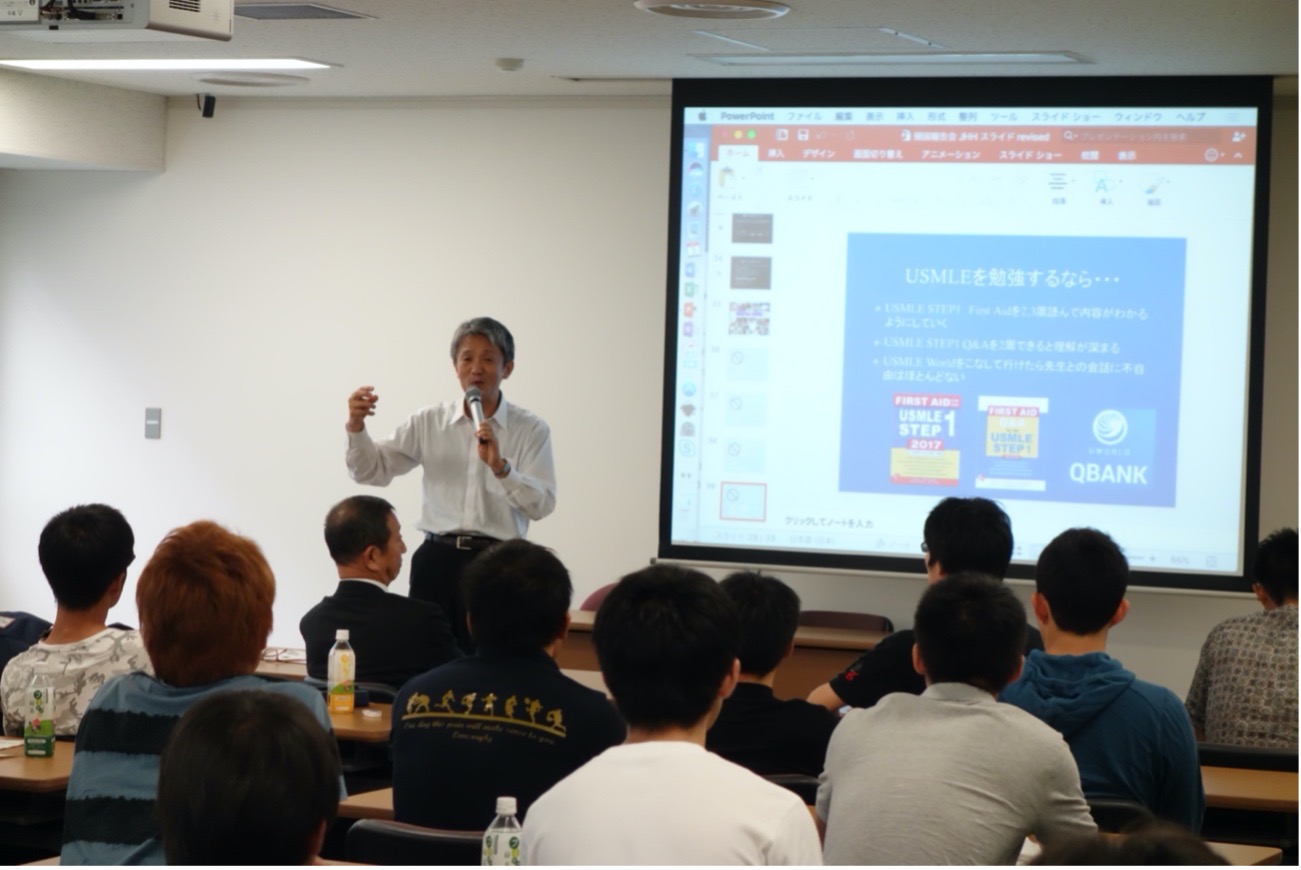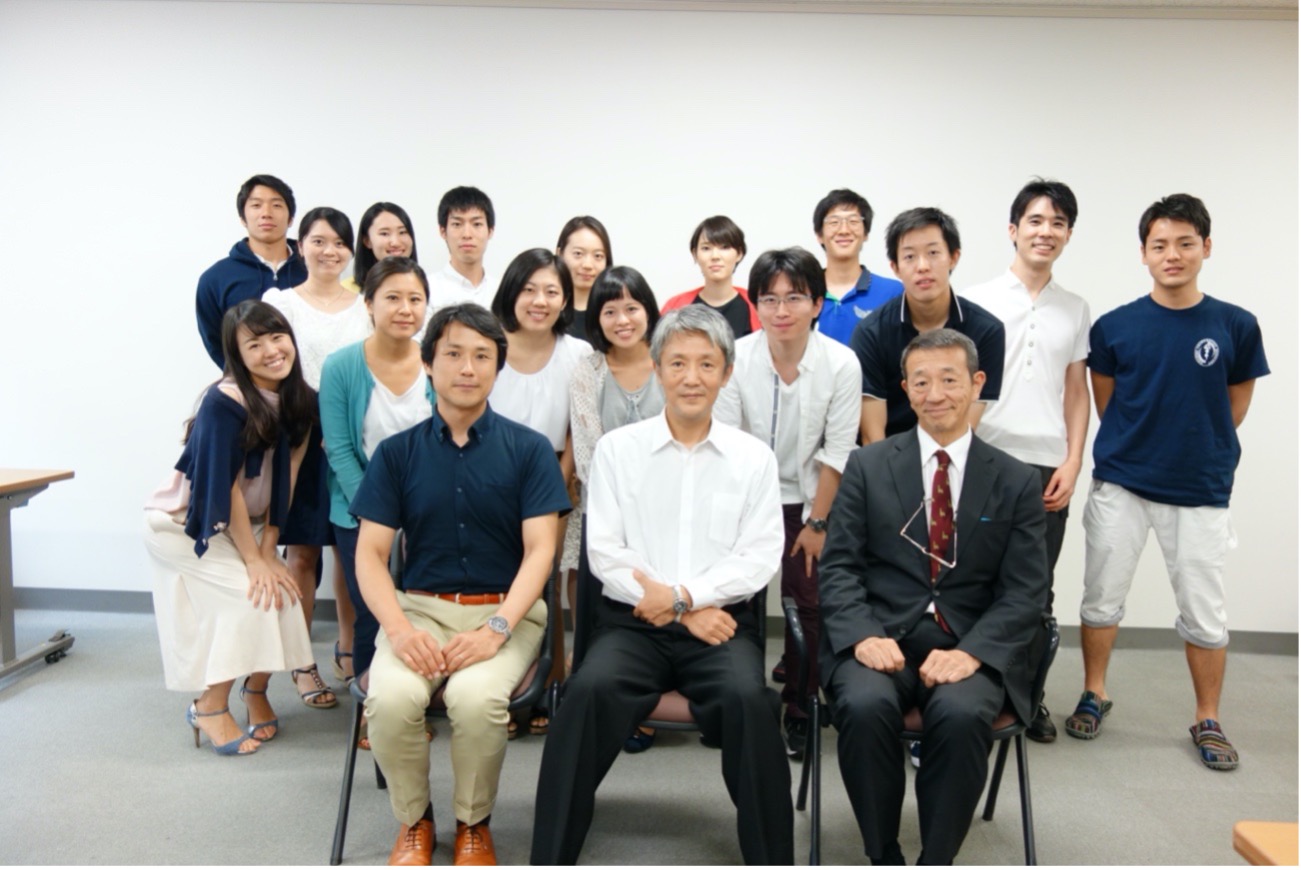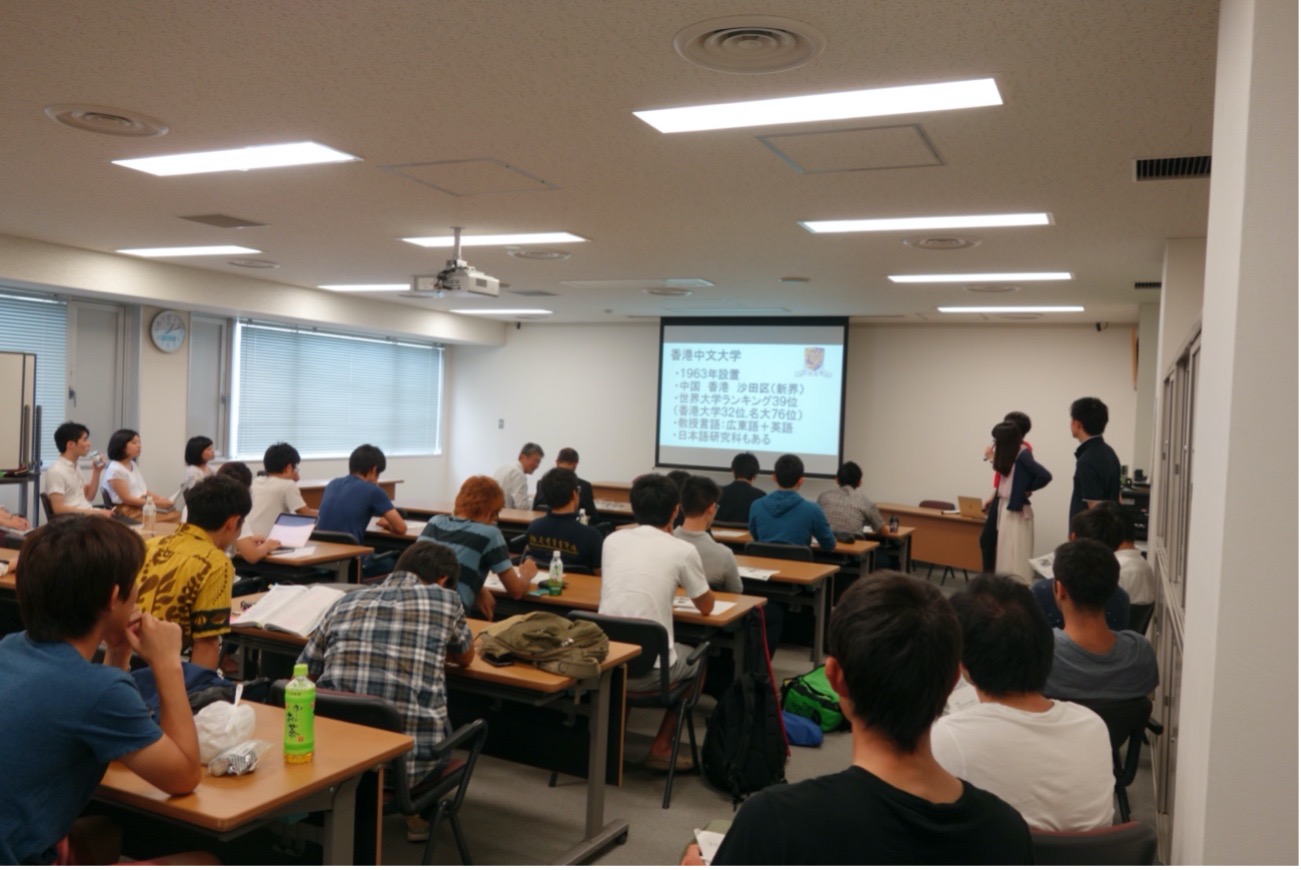Leonardo Zorron Cheng Tao Pu (アデレード大学-名古屋大学)
joint PhD degree with the University of Adelaide and Nagoya University
I had the privilege of being selected as one of the first joint PhD students between the University of Adelaide and Nagoya University. This was especially challenging as I am not originally from Australia and hence embarking on such program would mean adaptation to two new countries/cultures. On the other hand, the amount of experience and cultural awareness I was able to gather throughout my PhD years, on top of the technical knowledge, have definitely made a huge contribution to my life skills.
From a personal perspective, to be able to live in Japan for a year was a dream come true. I was always fond of Asian/Japanese culture and I love Japanese cuisine. Brazil, where I originally come from, has a significantly presence of Japanese culture through the many Japanese descendants that have come in the early and mid-1900s. The brief and superficial contact I had with the culture and the kindness/diligence of the Japanese descendants I have come across earlier in my life have instigated me to know more about Japan. I must acknowledge though that the language and cultural barriers were more challenging than what I have initially anticipated (I have only learnt basic Japanese in evening classes the year prior). Nevertheless, I was able to experience a great variety of things and incredible aspects of the culture, cuisine, nature and architecture of Japan that I would never be able to if I had not lived there.
On technical aspects, it was great to experience the differences in approach to both clinical and research questions. I was able to identify reaching the end of my period in Japan the particularities of each endoscopy/research centre. Although some of the limitations I have found are inherent of each site and unable to be changed, I could understand that through collaboration several other limitations could be addressed. For instance, in my PhD I was able to gather information from different endoscopic imaging technologies from Australia and Japan and hence was able to prove the reproducibility of results through different datasets/cohorts. This would be much less relevant if the reproducibility would be tested between centres from a same country. Another example was the availability of an on-site next generation sequence (NGS) machine within the NUH premises. This allowed me to learn all the steps involving the identification of gut microbiota, from specimen collection to biostatistics. Last but not least, to be able to experience how and have hands-on practice in performing the highly complex Endoscopic Submucosal Dissection (ESD) has proven to be an invaluable clinical knowledge for my daily medical practice.
Thinking in retrospect, it was a great experience, both related to technical and personal aspects. Although some things could have made the experience even better (e.g. engagement with the supervisors/Japanese research team earlier on; get a better understanding of the Japanese language and culture before arriving), this was one of those one-in-a-lifetime experiences. I would strongly suggest that anyone who has the possibility of spending a year or two overseas while doing their PhD, to engage in a joint degree.
With that, I would like to thank all that made this possible, in special my supervisors from Adelaide (Alastair, Raj and Gustavo) and from Nagoya (Fujishiro, Hirooka, Nakamura and Yamamura senseigata). Of course, this could not be possible without the support of the administrative team from both Universities, and I would like to especially thank Ms Mika Kasai-Prince who was a great help before, during and after our year in Japan. Please feel free to contact me through email if you want further details or if you have specific questions about me experience with the joint degree program. どうもありがとうございました Leo (レオ)
